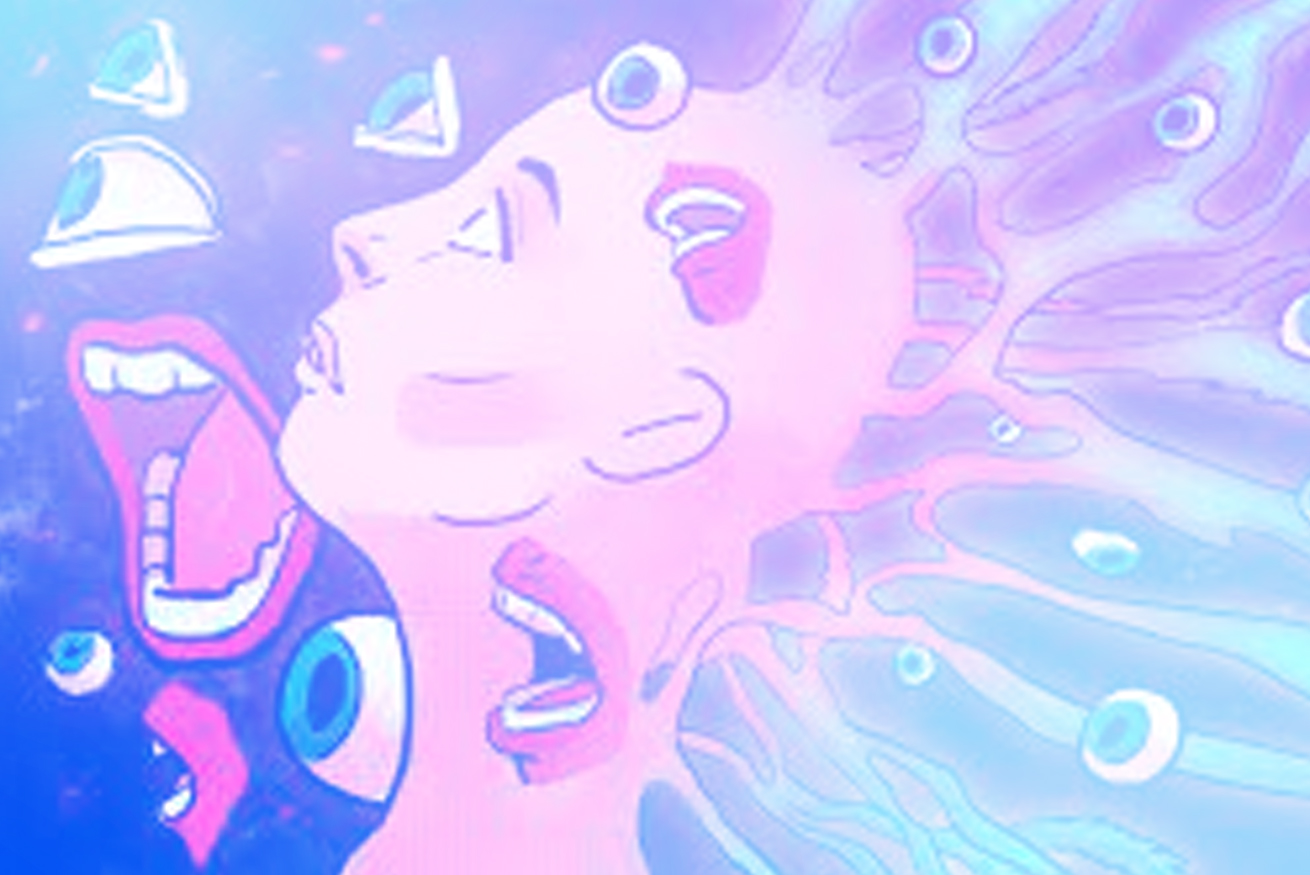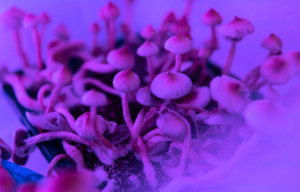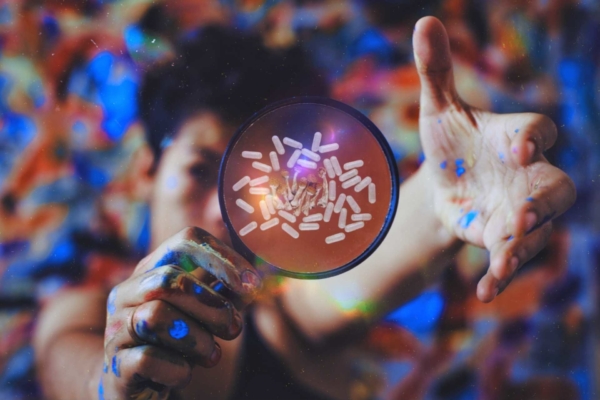
If you’ve heard about psychedelic therapy, you’ll already know that pre/post integration work is as vital for producing the incredible results being seen in so many different mental health conditions as the trip itself. In some cases, perhaps in trials and in clinics where legal psychedelic therapy is available, this work will be assisted by psychotherapists who will help the participant process trauma and reintegrate what they’ve learned into their life. Outside a clinical setting, despite the illegal status, there are still trained individuals you can work with to get the most out of your visionary plant medicine experience, and stay safe. These people are called ‘Psychedelic Integration Coaches’ –some of whom are paid professionals, while others volunteer.
You might be wondering what an integration coach actually is, whether they’re really necessary, and what their job entails. What makes people want to volunteer to undertake this gargantuan job, carrying the weight of a potentially very vulnerable person’s wellbeing, as well as doing all the grunt work? And what makes them equipped to deal with what is so often a completely transcendental and challenging process?
What is psychedelic integration?
When you take psychedelics, the impact can be profound. Some people venture deep into long-held traumas, sometimes experiencing the most painful time in their life as if it were happening right now. Others might see or feel what could really only be described as pure magic –breath-taking imagery, impossible goings-on, a support network of other-worldly beings, colors they never knew could exist. But whatever it is that you’re immersed in during your trip, it has the potential to change you, and the world as you know it, forever. This is partly down to the neuroplasticity and enhanced connectivity in the brain, which allows you to see problems in a new way, and have fresh opportunities and pathways open up where they couldn’t before. And it’s also down to seeing and experiencing the seemingly impossible, in a way that feels more real than just about anything else.
Psychedelic integration is when you merge your teachings and insights after a psychedelic trip into ‘real life’. It can also be a part of preparing for them beforehand. And this can make the difference between having those changes take place and then have your brain go back to where it was, or creating lasting changes that lead to healing. It can also make all the difference in terms of safety as, particularly for those who are vulnerable, seeing and experiencing these ineffable things can really rock your world. If you’re not mentally equipped to deal with that, or you’re lacking a support network who can help you integrate what you’ve learned, this could potentially be very harmful. In some of the most extreme cases, this is what’s led to someone hurting themselves or others after a particularly powerful trip.
What is an integration coach?
An integration coach is someone who is there to ‘hold the space’ and guide you through your transformation during every phase of a psychedelic experience. When using psilocybin, MDMA, Ketamine and LSD, this might include mindful practice and supportive coaching before and after the trip and simply being with the person as a ‘sitter’. When using psychedelics with ‘messy’ moments, like Ayahuasca, the integration coach will also take on the dirty work – emptying sick buckets, aiding with toilet trips and giving cold showers to help release someone from a negative space. There’s also some quite unique prep work involved with Ayahuasca which is generally not part of other psychedelic trips.
We spoke to Matty Evans, yoga facilitator, martial arts teacher and volunteer integration coach with charitable organization Heroic Hearts, about his time working with combat veterans, heading out to the Amazon to treat PTSD with ayahuasca.
Interview with an ayahuasca Integration Coach
Matty has supported veterans on over 40 ayahuasca ceremonies, which he does completely on a volunteer basis. Although there are integration coaches who are fully trained psychotherapists who have turned their attention to psychedelics, Matty has trained specifically as an integration coach within the transformational space, coming from a non-medical background. This training is available to all non-healthcare professionals, through coaching programs.
“When dealing with ayahuasca, it’s important to support participants in undertaking purifying lifestyle changes for at least seven days prior to their journey. This helps produce a superior psychedelic experience, and also lessens the unpleasantness of purging,” explains Matty.
“Alongside mindful practices, like meditation and yoga, I’ll advise not to consume any caffeine, dairy products, red meat, pork or spicy food, not to have sex or masturbate, and to be careful about what energy you bring into your body. For example, steering clear of horror movies, or any potentially toxic relationships.”
Matty says, “It’s possible to have a positive and powerful experience without this kind of preparation, but I’ve seen people who haven’t done this clearing work spending all night just being sick, or experiencing nothing at all —no insights and no psychological benefits.
“Indigenous tribes say this preparation shows you’re committed to your healing. From what I’ve seen, you get back what you put in.”
What does an integration coach do during an ayahuasca trip?
“When you’re working with someone with trauma, they’re a bit like a computer, full of viruses. When they drink the brew, they get rebooted. So the integration process during ceremony is partly trying to keep them aligned with their high self, or God or The Energy. Just holding that space, which means you’re there to listen and be with that person in whatever way they need to get to where they need to on their journey,” says Matty.
“You’re not there to tell them what to do, to tell them what’s right or what’s wrong, you’re there to just listen, especially with ayahuasca. If I say the wrong thing at the wrong time, it can take them down a different path. If I have too much input, while they’re on ceremony, it can change where the ayahuasca wants to take them. A lot of the time the answers they seek are within, and just having someone sit and listen while they talk through it can be the catalyst they need”
“I also do all the jobs the shaman doesn’t want to! Which might include emptying sick buckets, giving people cold showers if they get ‘stuck’ or taking them to the toilet. Just whatever they need in the moment. It’s very individual.”
What happens after the trip?
“I see my job as trying to help these people connect to their own hearts, their own bodies, and then find connection their families and friends. A lot of the veterans I work with are extremely traumatized and are hyper vigilant. Stuck in their head. Once they’ve had that ayahuasca experience and felt that connection so deeply, I try to integrate that into their lives through physical practices, like dance.”
Matty also stresses the importance of keeping a network of support going for participants.
“Just calling them up and asking how they are can go a long way. A lot of the time they just start talking about their experience and asking questions. I try to guide them through that a bit. Although counselors can be great for talking therapy, many of these guys struggle to connect and communicate in that sort of dynamic. I think working with an integration coach is a bit more friendly, more informal. The people I’ve worked with say they’re able to bond with me and open up more than usual. They don’t feel judged and they feel free to say what they want.”
“Some of the things I’ve seen have been pretty miraculous. The healing can take quite a long time, but after ceremony and with this support, they’re usually are in a really good place. They’re a different person. But it’s most obvious and powerful when we work together.”





